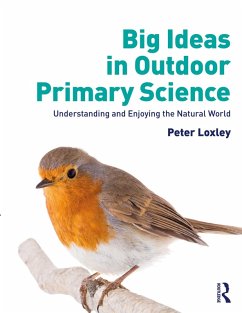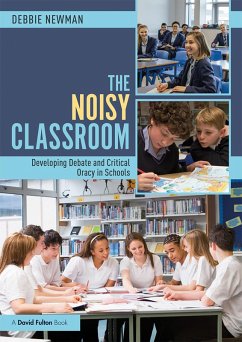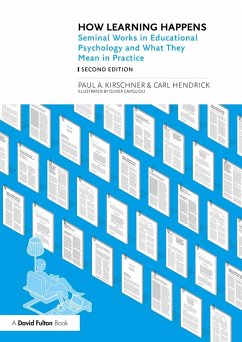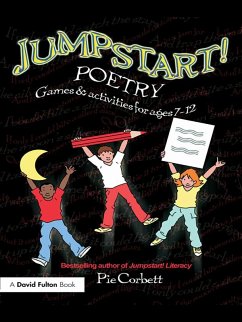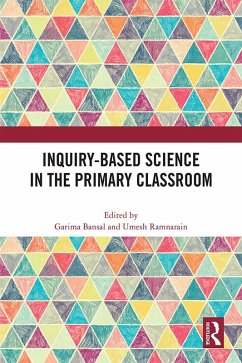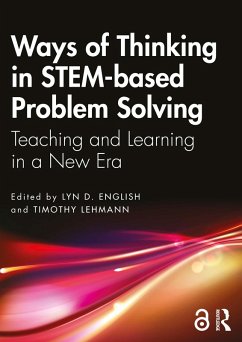
The Teaching of Science in Primary Schools (eBook, PDF)
Versandkostenfrei!
Sofort per Download lieferbar
35,95 €
inkl. MwSt.
Weitere Ausgaben:

PAYBACK Punkte
18 °P sammeln!
Now in a fully updated seventh edition, The Teaching of Science in Primary Schools provides essential information for students, trainee, and practising teachers about the why, what and how of teaching primary science. Paying particular attention to inquiry-based teaching and learning, the book recognises the challenges of teaching science, and provides suggestions and examples aimed to increase teachers' confidence and pupils' enjoyment of the subject.This new edition explores: Changes in curriculum and assessment requirements in the UK Advances in knowledge of how children learn Expansion in...
Now in a fully updated seventh edition, The Teaching of Science in Primary Schools provides essential information for students, trainee, and practising teachers about the why, what and how of teaching primary science. Paying particular attention to inquiry-based teaching and learning, the book recognises the challenges of teaching science, and provides suggestions and examples aimed to increase teachers' confidence and pupils' enjoyment of the subject.
This new edition explores:
And expands on key aspects of teaching including:
Giving the latest information about the rationale for and use of inquiry-based, constructivist methodology, and the use of assessment to help learning, the book combines practice and theory, explaining and advocating for particular classroom interactions and activities. This book is essential reading for all primary school teachers and those engaged in studying primary education.
This new edition explores:
- Changes in curriculum and assessment requirements in the UK
- Advances in knowledge of how children learn
- Expansion in the use of ICT by teachers and children
And expands on key aspects of teaching including:
- The compelling reasons for starting science in the primary school
- Strategies for helping children to develop understanding, skills and enjoyment
- Attention to school and teacher self-evaluation as a means of improving provision for children's learning.
Giving the latest information about the rationale for and use of inquiry-based, constructivist methodology, and the use of assessment to help learning, the book combines practice and theory, explaining and advocating for particular classroom interactions and activities. This book is essential reading for all primary school teachers and those engaged in studying primary education.
Dieser Download kann aus rechtlichen Gründen nur mit Rechnungsadresse in A, B, BG, CY, CZ, D, DK, EW, E, FIN, F, GR, HR, H, IRL, I, LT, L, LR, M, NL, PL, P, R, S, SLO, SK ausgeliefert werden.




